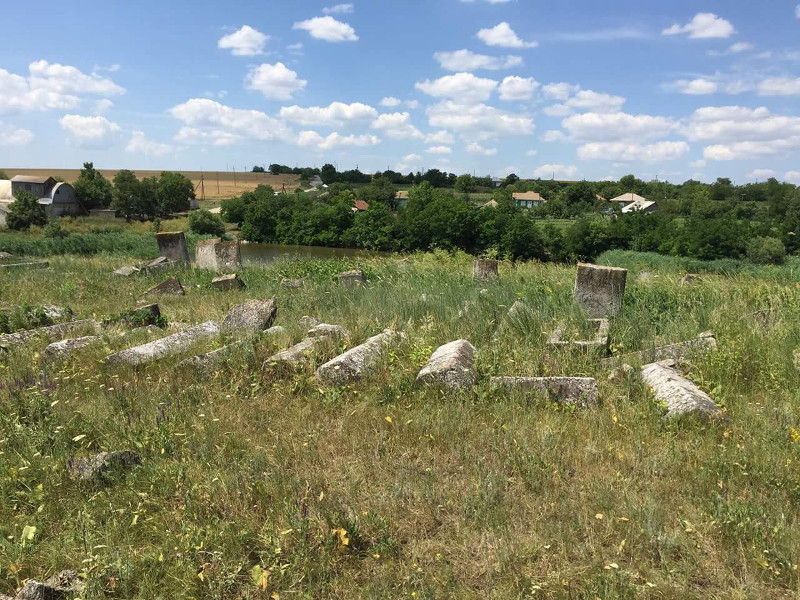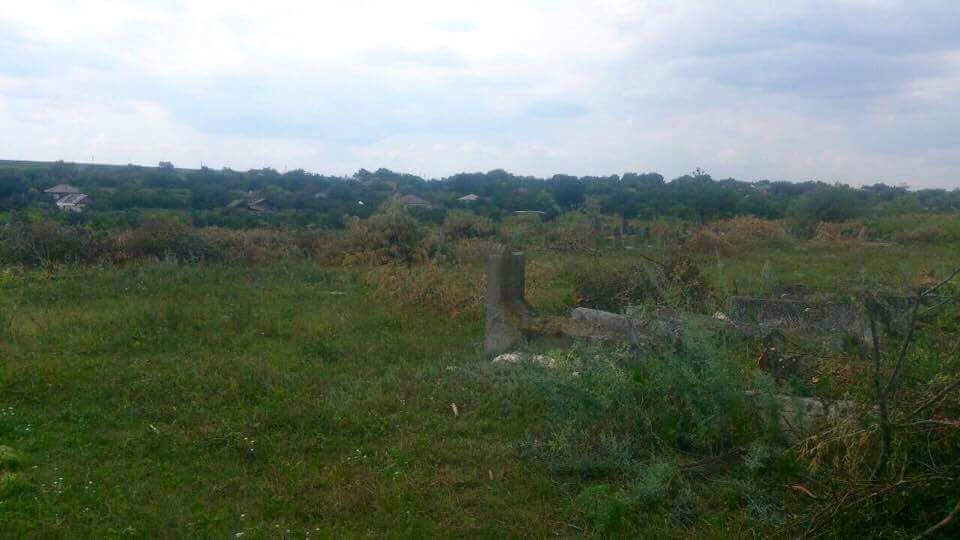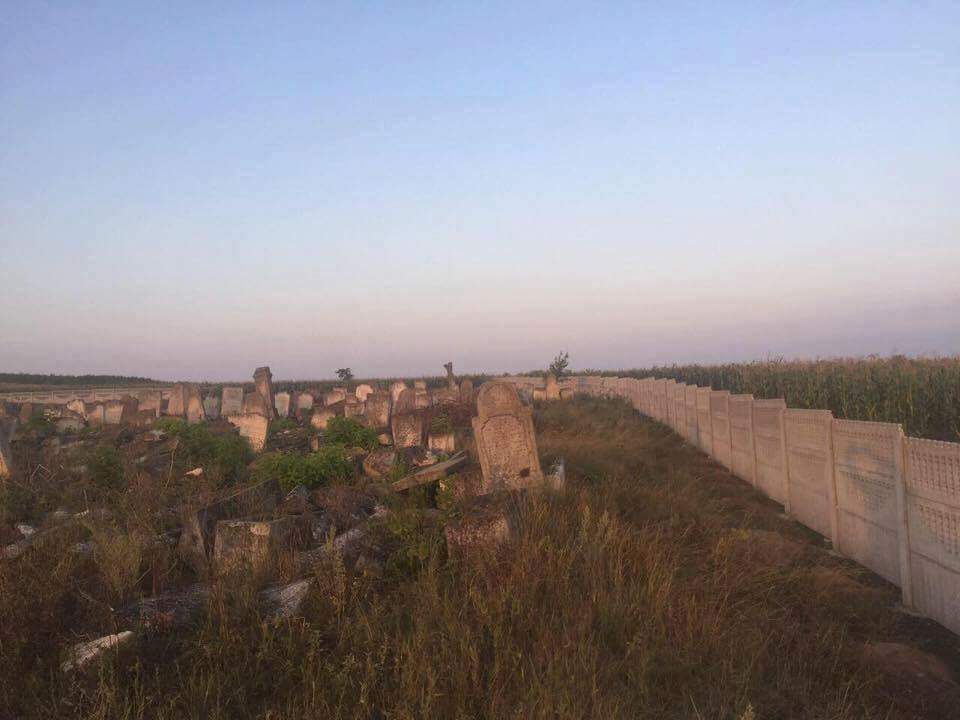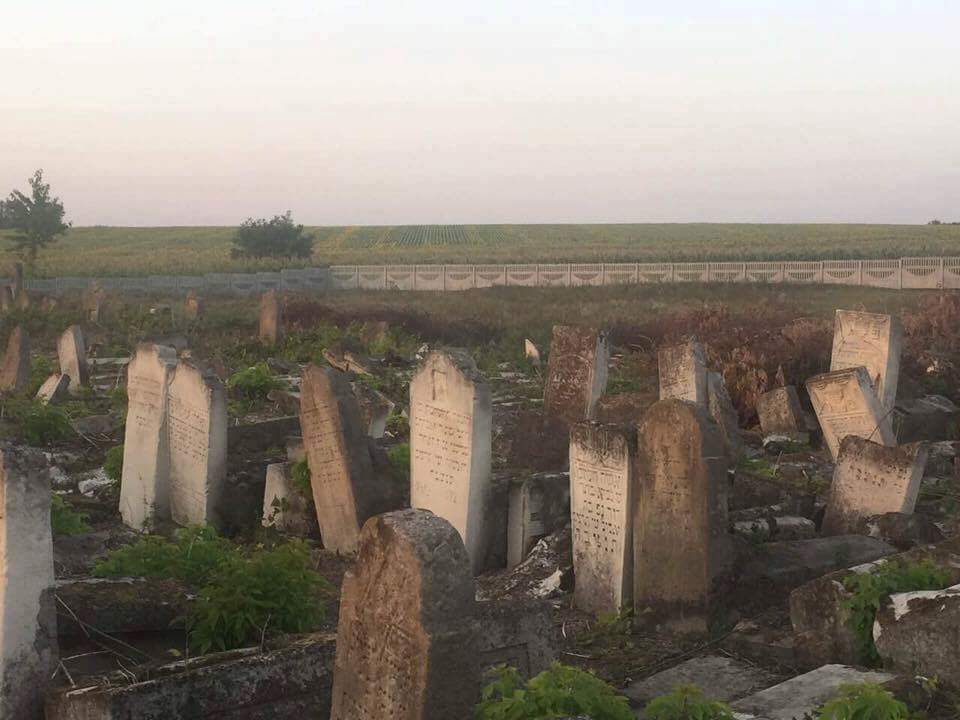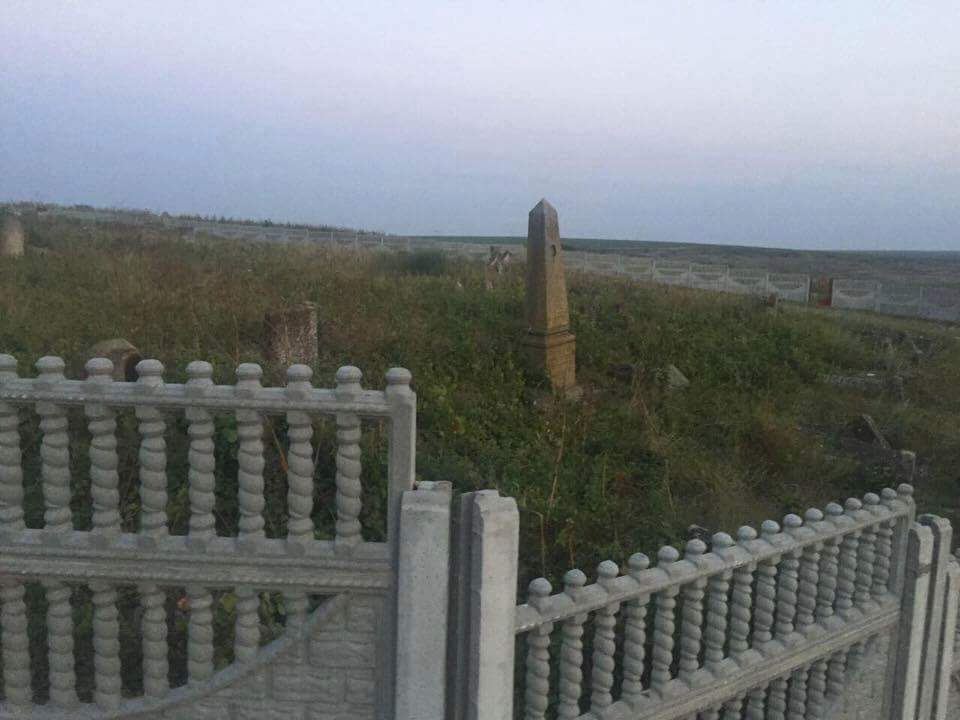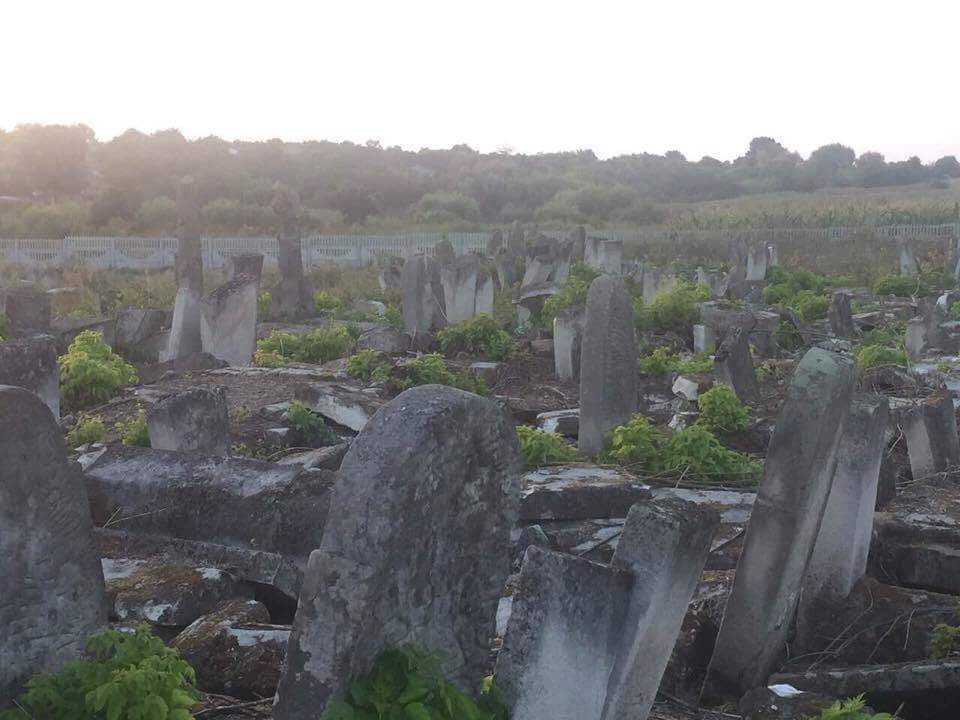Alternate names: Britchevo, Britcheva-בריטשעווע (Yid), Briceva (Mold), Bricheva (Rus), Briciova (Rom), Russian: Бричева. Yiddish.48°07' N, 27°39' E, 8 miles SSE of Donduşeni, 24 miles SSW of Mohyliv-Podilskyy. Photos. Photos.
Yizkor.Memorial Book of Brichevo, ed. K. A. Bertini, Tel-Aviv, 1970. Project Coordinator for the translation - Ayana Kimron, Yizkor Book Project, JewishGen.
ShtetLink. YouTube video of 2006 trip "Back to Bricheva in Soroka District". This Jewish agricultural settlement in Bessarabia, Ukrainian S.S.R.; in Rumania [[Romania]] 1918-40 and 1941-44 was founded in 1848 on 308 hectares (approx. 760 acres) acquired by colonists from Podolia. In 1899, 301 families (1,510 persons) were composed of 83, who owned their land (averaging about 9.5 acres per family) and 1,244 sheep and goats. Farm equipment was scarce so plowing was hired out. As a result of 1922 Romanian agrarian reform, 72 Briceva farmers received 216 hectares ( 533 acres) from the state. In 1924, 176 Jewish families occupied an area of 1,134 hectares (approx. 2,800 acres of which 1,605 acres were leasehold); in 1930 the Jewish population numbered 2,431 (88.9% of the total). The settlement's proximity to the Dniester River enabled Briceva Jews to escape to the U.S.S.R. before July 1941. Those remaining were deported to Transnistria, where most died. After WWII, a few dozen survivor families returned to Briceva, but none remained. The land became government property. [March 2009]
Cemetery: photos. street map showing location of cemetery. [March 2009]
[UPDATE] Work set to begin on fencing for Jewish Cemetery [June 2017]
[UPDATE] Construction underway at the ESJF’s first project in Moldova. This Bessarabian Jewish agricultural settlement founded in 1838 was abandoned after the Holocaust. ESJF is restoring the site. [July 2017]
[UPDATE] ESJF fencing project in Briceva is complete around the previously abandoned and overgrown site. Source: ESJF project of the LivingStones Association. [August 2017]

